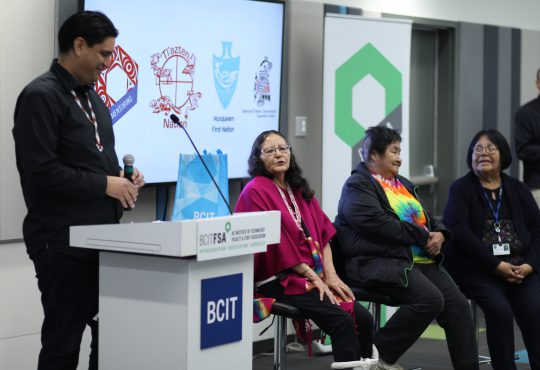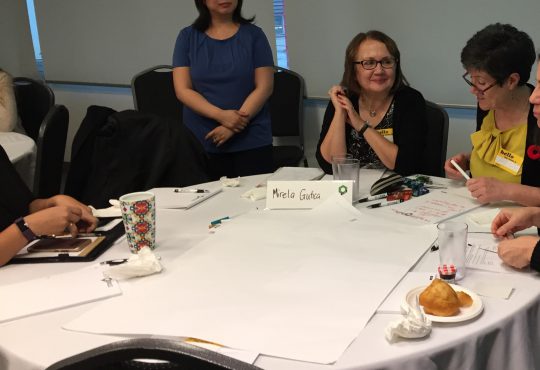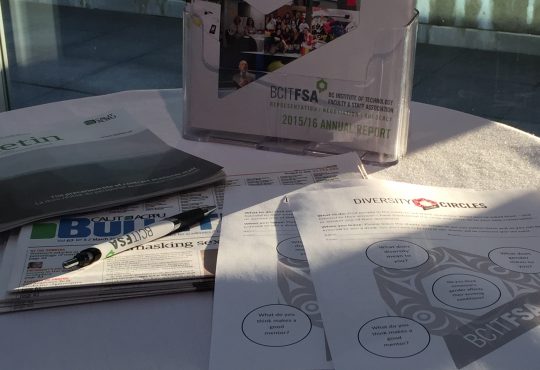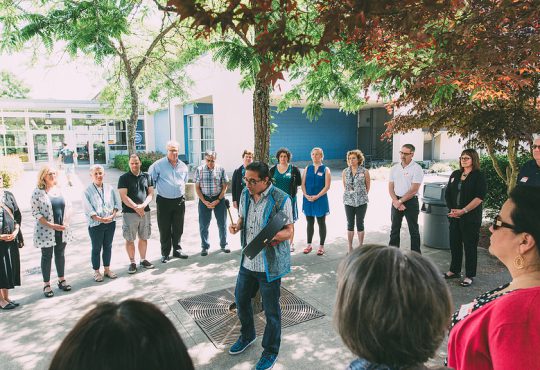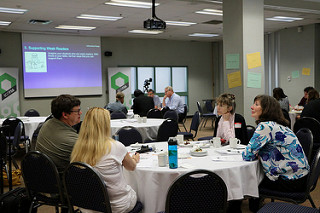ABOUT THIS EVENT
Guest Speakers:
Dr. Ruby Dhand
Professor, Faculty of Law, Thompson Rivers University
https://www.tru.ca/law/faculty-staff/faculty/ruby-dhand.html
Dr. Dipesh Prema
Associate Professor, Chemistry, Thompson Rivers University
https://kamino.tru.ca/experts/home/main/bio.php?id=dprema
Topics:
Students with disabilities are often underrepresented in STEM (science, technology, mathematics and engineering) disciplines because they face multiple barriers to accessing reasonable accommodation within the classroom and laboratory environments in Canadian universities.
Based on their research including their recent paper,* Dr. Prema and Dr. Dhand will share their key findings on these topics and invite participants to consider applying these principles in your work:
- What barriers do students with disabilities in STEM face in Canada’s post-secondary institutions?
- What does the law require in regard to reasonable accommodation, inclusion and accessibility in STEM?
- Are disability laws working to support and accommodate students with disabilities within STEM disciplines in post-secondary institutions?
- What can all stakeholders practically do to ensure that students with disabilities in STEM are appropriately accommodated in science education in regard to factors such as health, safety and cost?
- What inclusive teaching practices and pedagogy should educators adopt to accommodate students with disabilities in STEM to ensure that they obtain equality of access and first-hand appropriate experience?
The duty to accommodate is a fundamental legal concept embedded in Canadian human rights law. In post-secondary institutions, pursuant to human rights legislation, the duty to accommodate requires that educators and administrators should attempt to accommodate students with disabilities short of undue hardship. Despite these legal requirements, students with disabilities are often underrepresented in STEM.
*Dipesh Prema and Ruby Dhand. Inclusion and Accessibility in STEM Education Navigating the Duty to Accommodate and Disability Rights. Can. J. Dis. Studies. 2019, 8(3), 121- 142
Register Now!
This hybrid session has limited space and is open to BCIT employees, students, and staff of internal partners (e.g. student association, alumni association, FSA).
Register below and a calendar invitation will be sent to you. Please let us know if have any additional needs to participate fully in this event.
Expectations for Behaviour
Diversity Circles, as part of the BCIT Respect, Diversity, and Inclusion (RDI) Office, has outlined the Expectations for Behaviour for our events and initiatives.
Diversity Circles has always benefitted from the empathy, sincerity, and respectful curiosity of our community, and this has helped create events and initiatives where we hold productive and authentic discussions, advancing our knowledge and utilization of equity, diversity, and inclusion principles.
As our events and initiatives continue to reach out to diverse audiences which include BCIT employees, students, and partners (BCIT Student Association, BCIT Alumni Association, and industry guests), and as we have moved towards presenting events both in person and via teleconferencing platforms, we realize that having a set of expectations for behaviour will help maintain the accountable, respectful spaces our community has come to expect from Diversity Circles events and initiatives.
Please take the time to review our Expectations for Behaviour prior to your upcoming participation

